In today's digital age, password management has become a crucial aspect of our online lives. With numerous online accounts, it can be challenging to remember all the passwords we create. That's where a password keeper book comes in handy. In this article, we will explore the ins and outs of mastering password management and discover how to effectively use a password keeper book to keep your online accounts secure.
The Importance of Password Management
In a world where cyber threats are prevalent, password management plays a vital role in safeguarding your sensitive information. Weak passwords or using the same password for multiple accounts can leave you vulnerable to hacking and identity theft. Therefore, it is essential to adopt robust password management practices to protect your online presence.
Why Should You Use a Password Keeper Book?
A password keeper book is a physical notebook specifically designed to help you manage and store your passwords securely. Unlike digital password managers, which can be prone to hacking and data breaches, a password keeper book offers an offline, tangible solution. It provides a reliable way to organize and access your passwords without the risk of online vulnerabilities.
Mastering Password Management: How to Use a Password Keeper Book
Managing your passwords effectively requires a systematic approach. By following these steps, you can master password management using a password keeper book.
Step 1: Choose a Secure Password Keeper Book
When selecting a password keeper book, opt for one that is durable, easy to use, and provides sufficient space for your passwords. Look for features such as alphabetical tabs, which can help you quickly find specific entries. Additionally, consider a book that offers extra security features like a lock or encryption for added protection.
Step 2: Create Strong and Unique Passwords
Before transferring your passwords to the keeper book, ensure you have strong and unique passwords for each of your accounts. A strong password typically includes a combination of upper and lowercase letters, numbers, and special characters. Avoid using easily guessable information like your name, birthdate, or common words. Instead, consider using random phrases or a password generator to create complex and unique passwords.
Step 3: Organize Your Passwords
Once you have a secure password keeper book and strong passwords, it's time to organize your passwords systematically. Create a clear and consistent format for recording your passwords, such as listing them alphabetically or categorizing them based on the type of account. This organization will save you time and frustration when searching for specific passwords later on.
Step 4: Update and Review Regularly
Regularly updating and reviewing your passwords is essential for maintaining good password hygiene. As you change or update passwords for your online accounts, make sure to reflect those changes in your password keeper book. Regularly reviewing your entries will help you identify any outdated or weak passwords that need to be updated for improved security.
Step 5: Keep Your Password Keeper Book Secure
Since your password keeper book holds the keys to your online accounts, it's crucial to keep it secure. Store it in a safe and discreet place, away from prying eyes. Avoid leaving it on your desk or carrying it around with you, as there is always a risk of it being lost or stolen. Treat your password keeper book with the same level of caution as you would your wallet or personal identification documents.
Frequently Asked Questions (FAQs)
- How do I choose a strong password?
Creating a strong password involves using a combination of upper and lowercase letters, numbers, and special characters. Avoid using easily guessable information and opt for random phrases or password generators for added security.
- Can a password keeper book be hacked?
Unlike digital password managers, password keeper books offer an offline solution that is less susceptible to hacking or data breaches. However, it is still essential to keep your password keeper book secure and away from unauthorized access.
- What if I forget the password to my password keeper book?
If you forget the password to your password keeper book, it can be challenging to retrieve your stored passwords. Therefore, it's important to choose a memorable but secure password for your book and consider keeping a backup in a separate secure location.
- Can I use a password keeper book for multiple users?
A password keeper book is typically designed for individual use, as it contains personal and sensitive information. It is recommended that each person maintains their own password keeper book for optimal security.
- Are there digital alternatives to a password keeper book?
Yes, there are digital password managers available that offer convenience and additional security features. However, it's important to research and choose a reputable password manager that has a proven track record in safeguarding user data.
- Can I use a password keeper book for online accounts only?
While a password keeper book is commonly used for online accounts, you can also utilize it to store passwords for offline accounts, such as computer logins or secure file storage.
Conclusion
Mastering password management is crucial in today's digital landscape. By using a password keeper book, you can conveniently and securely manage your passwords offline. Remember to choose a secure password keeper book, create strong and unique passwords, organize your passwords systematically, and regularly update and review your entries. By implementing these practices, you can enhance your online security and protect your valuable information.








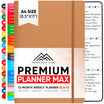







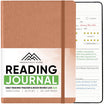
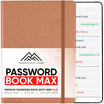
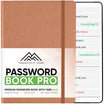

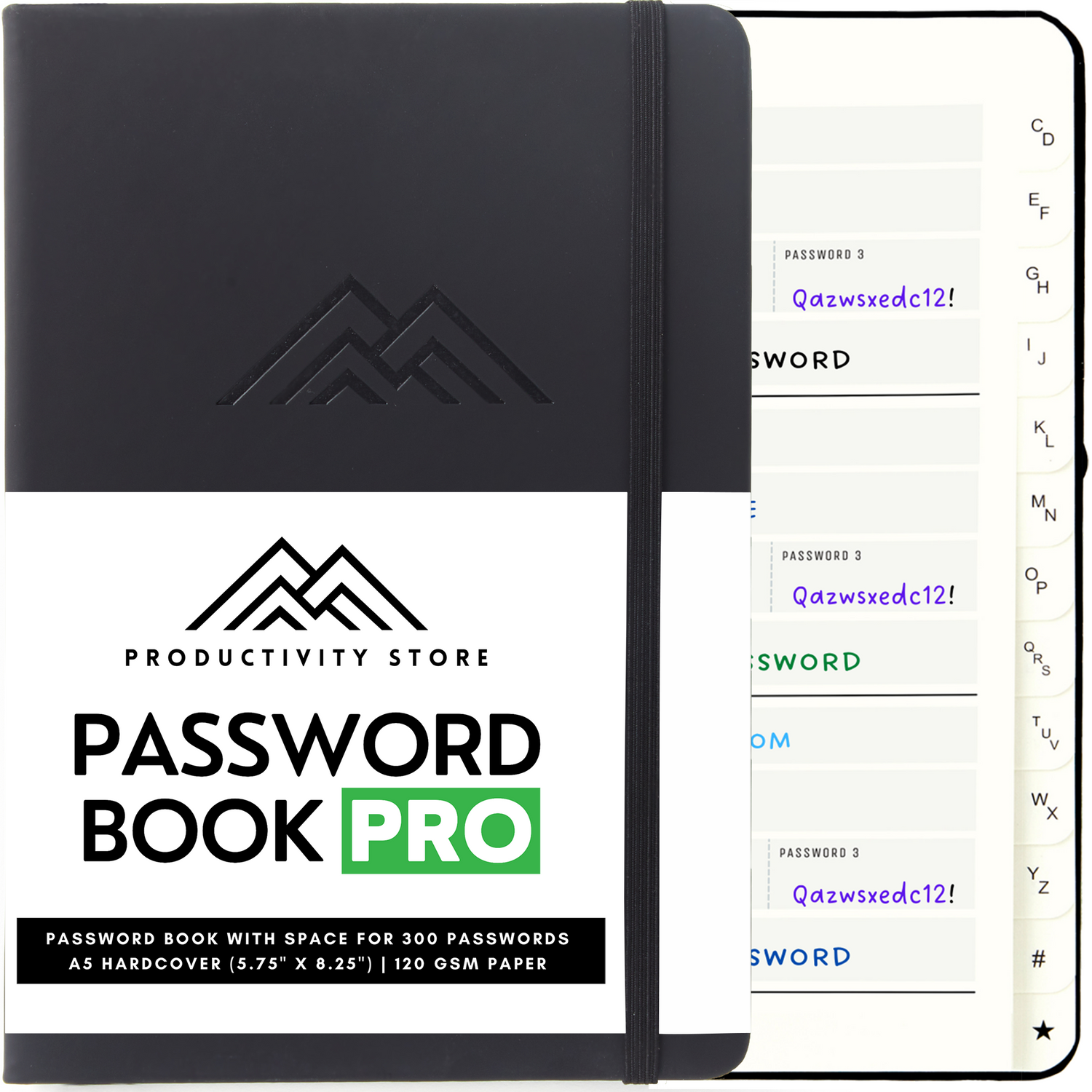
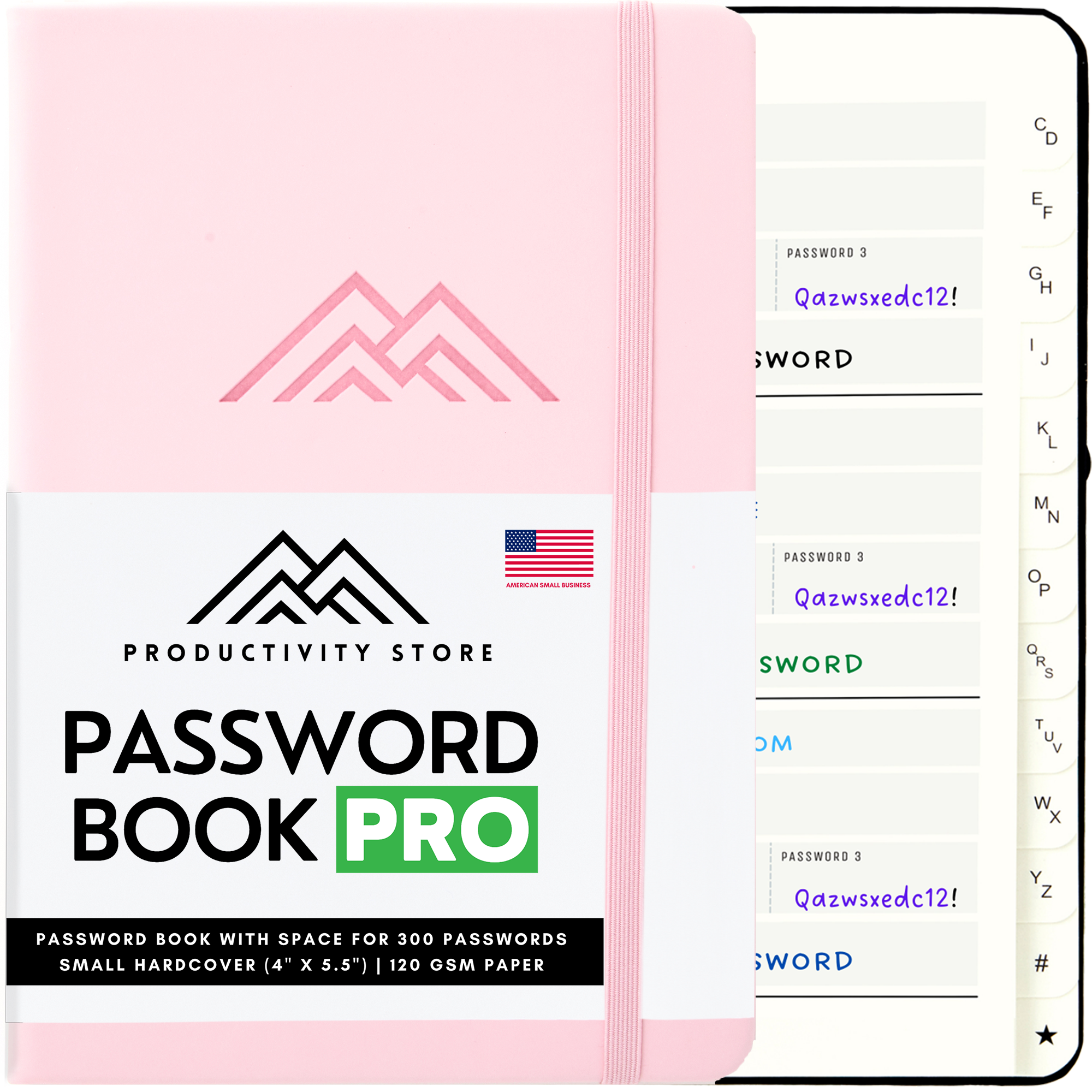
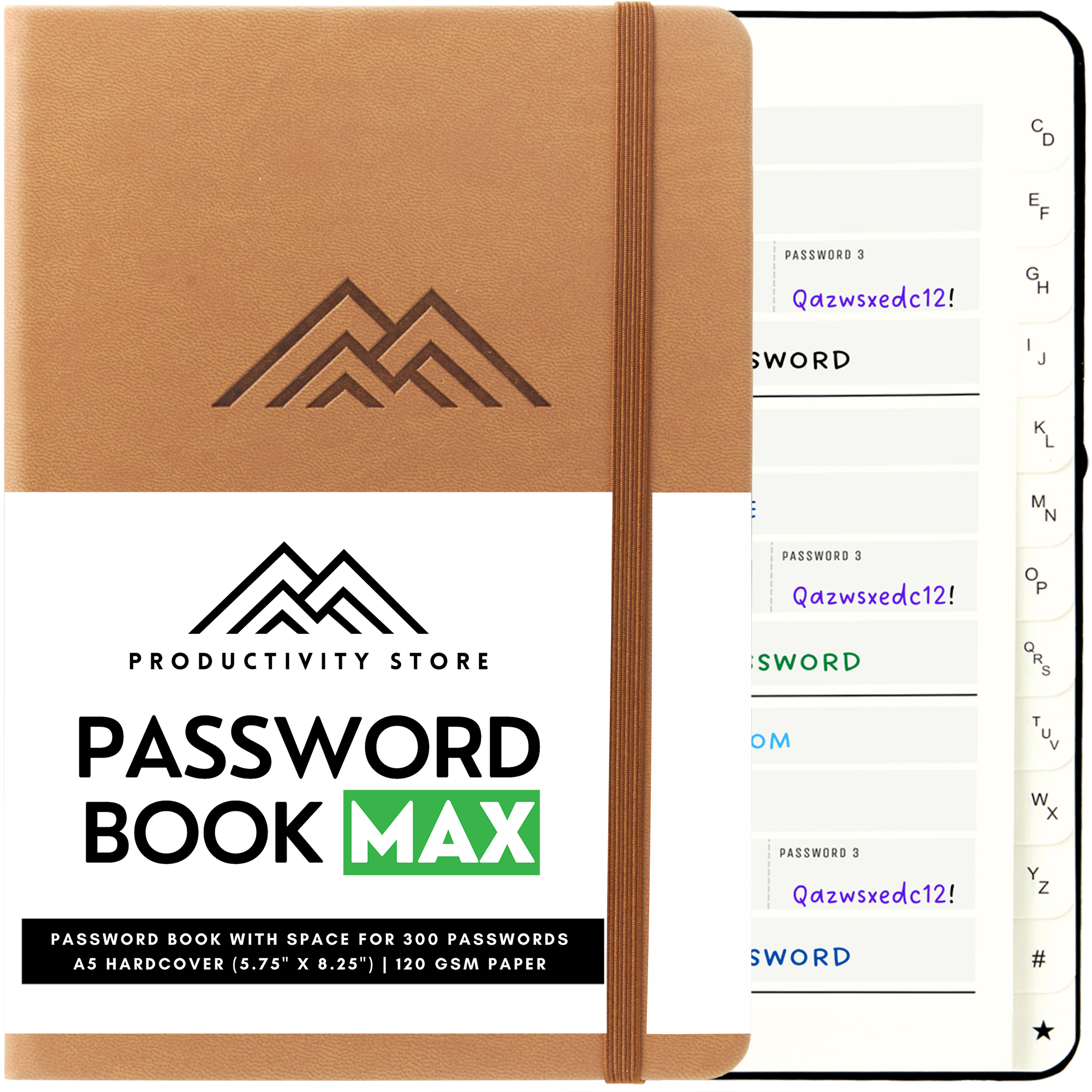
Leave a comment
All comments are moderated before being published.
This site is protected by hCaptcha and the hCaptcha Privacy Policy and Terms of Service apply.